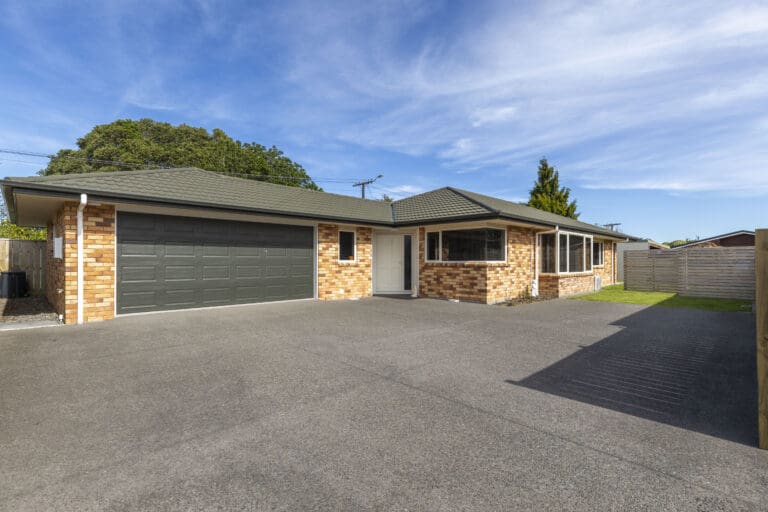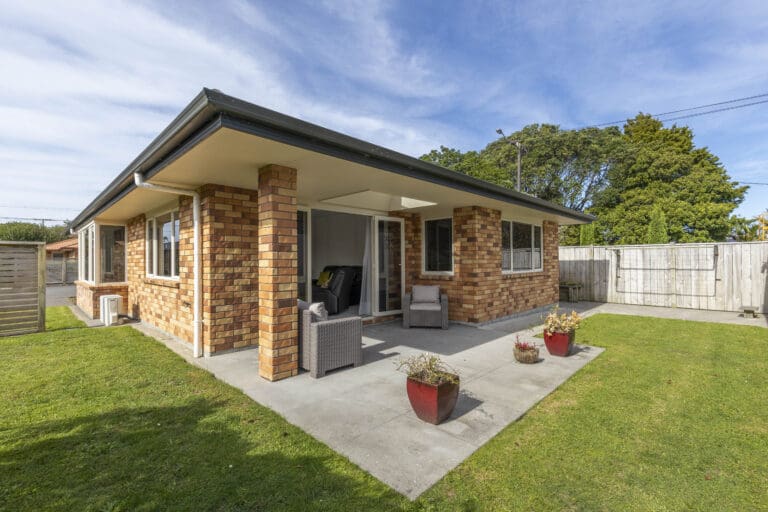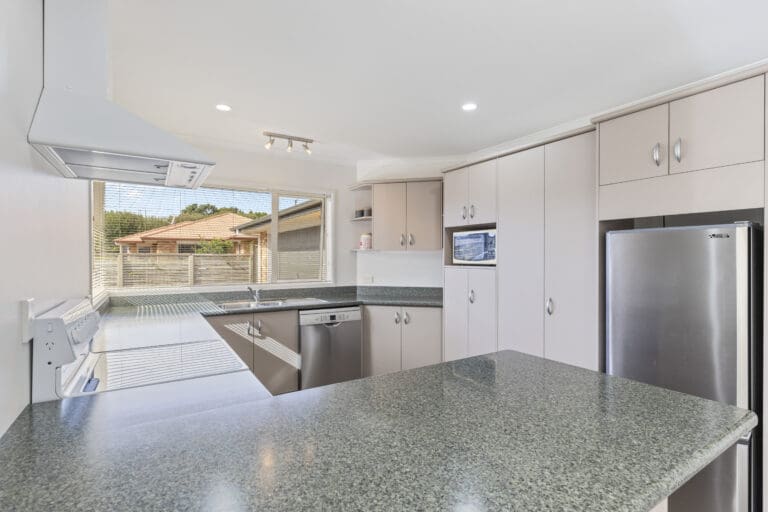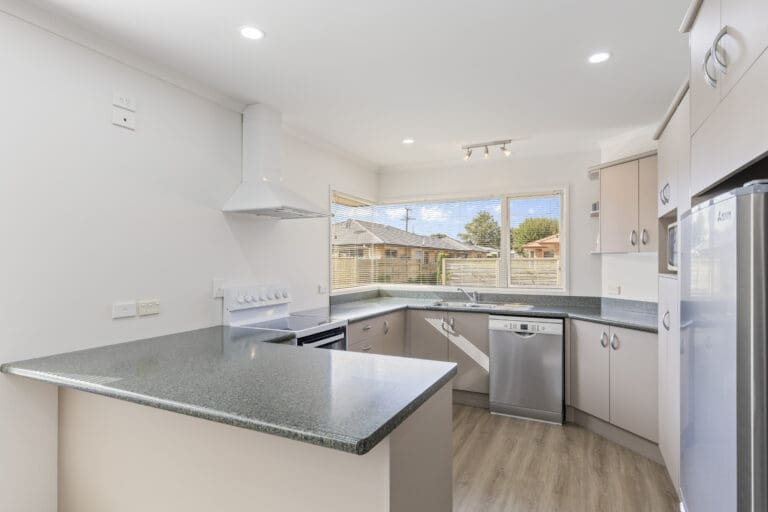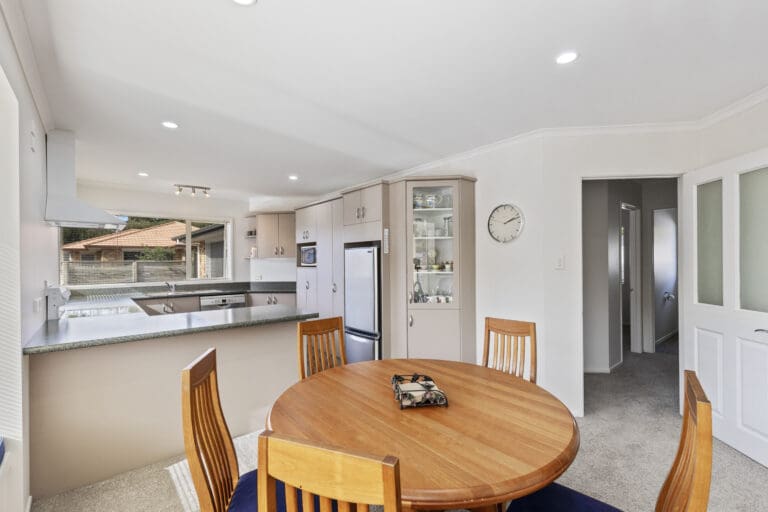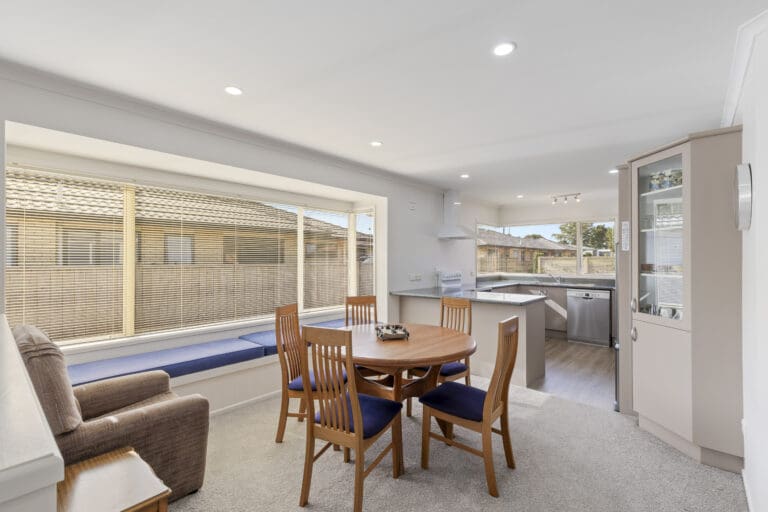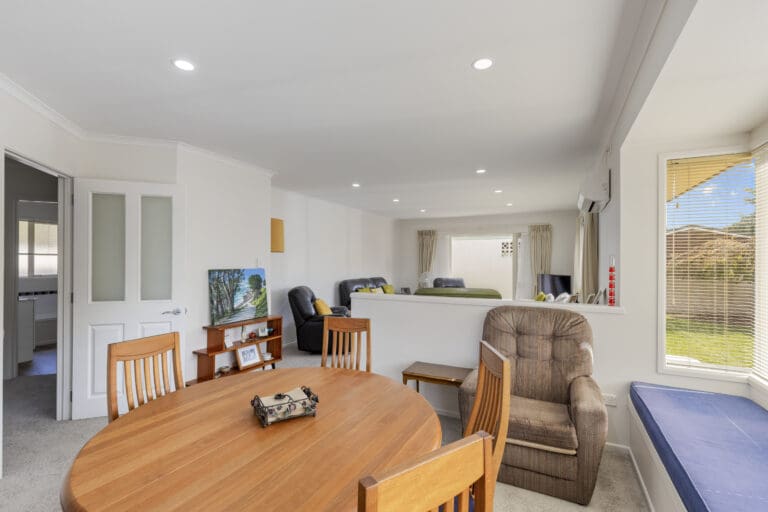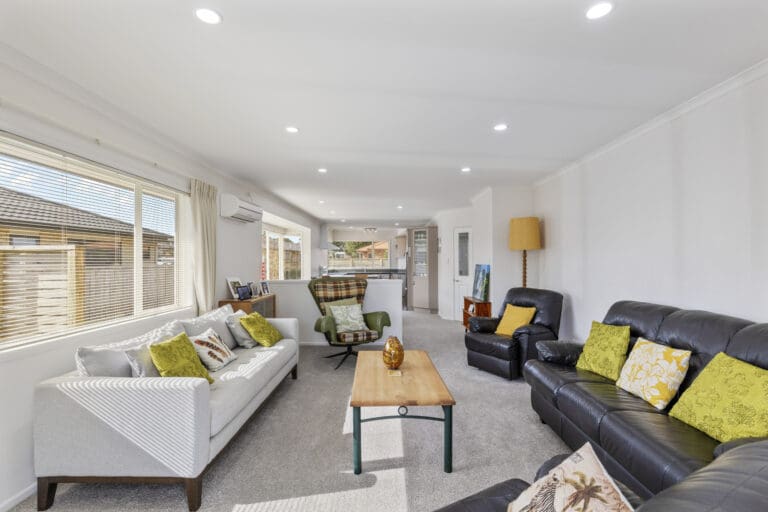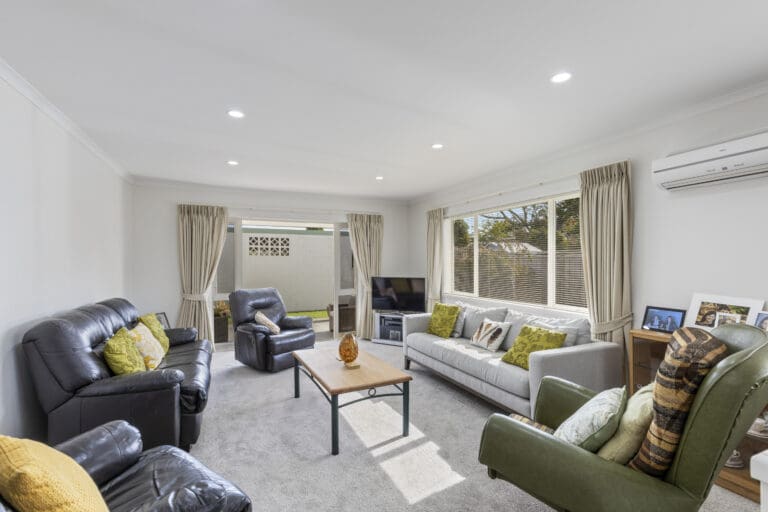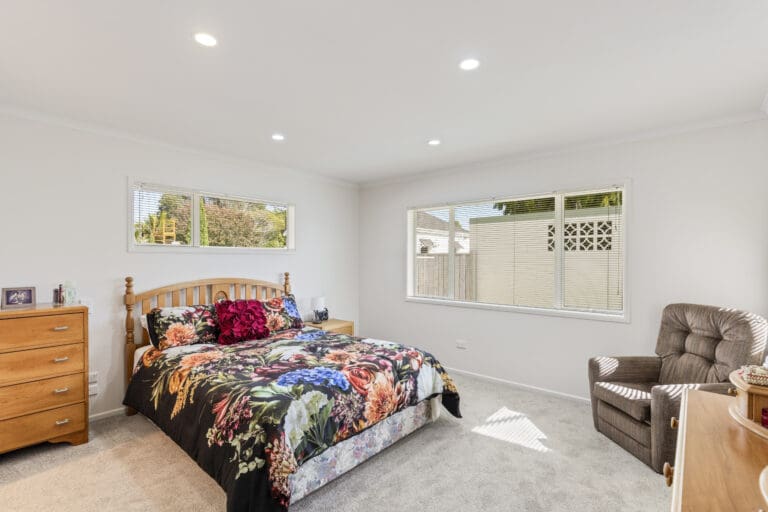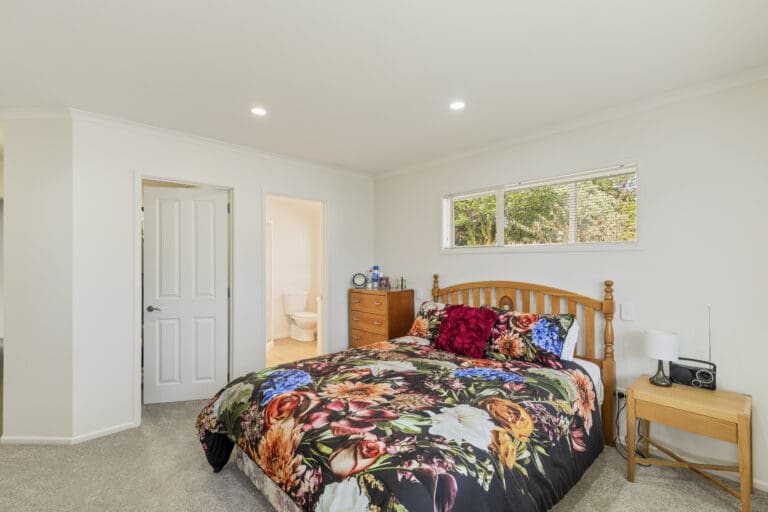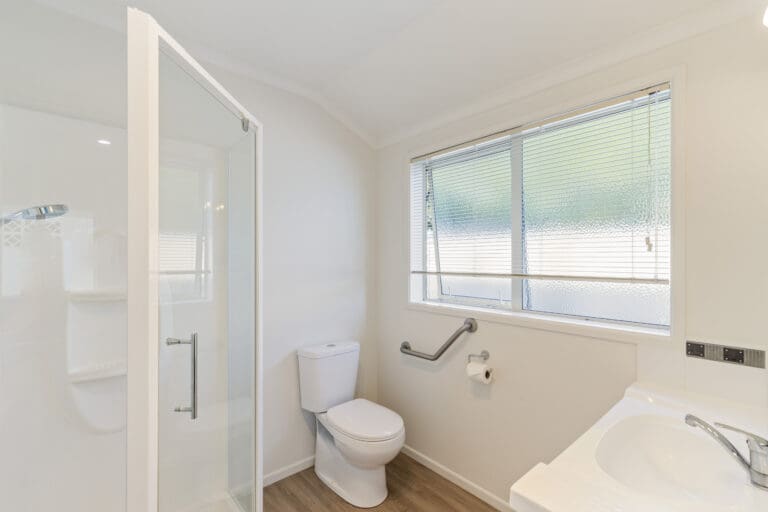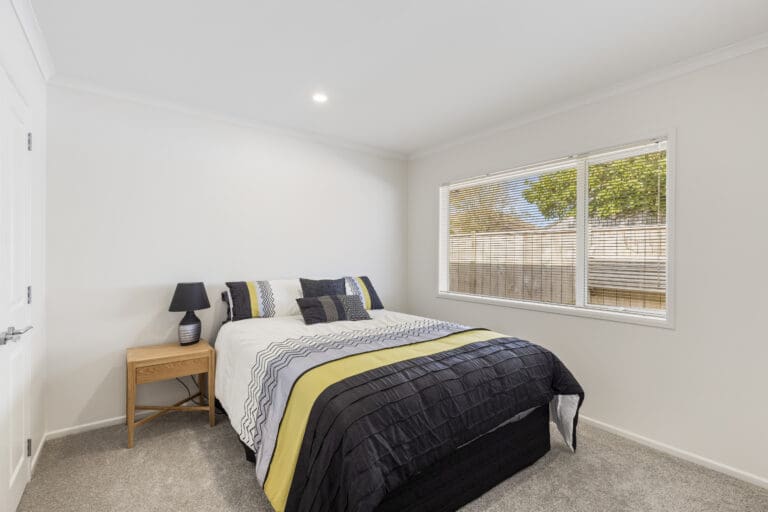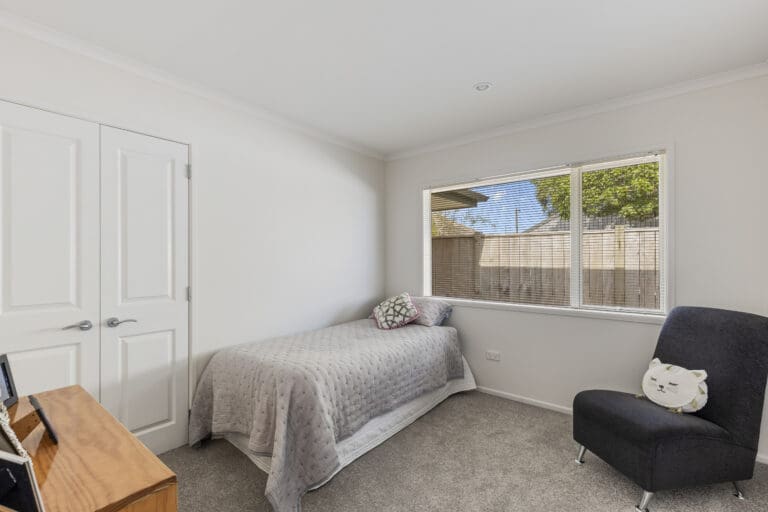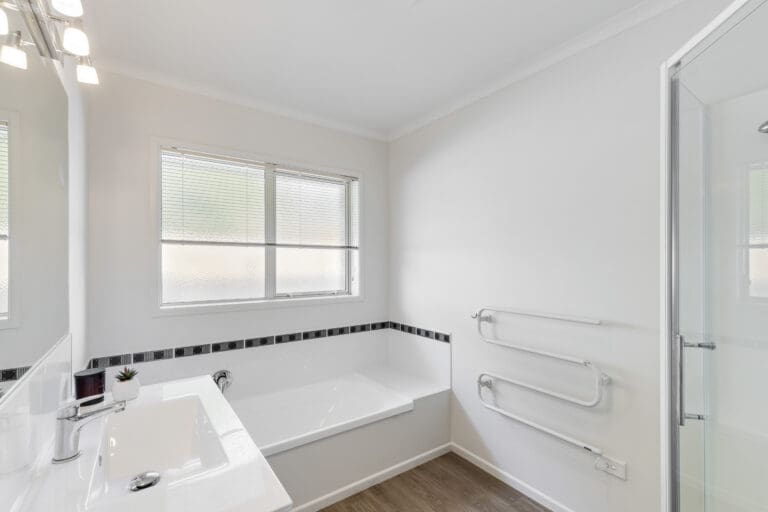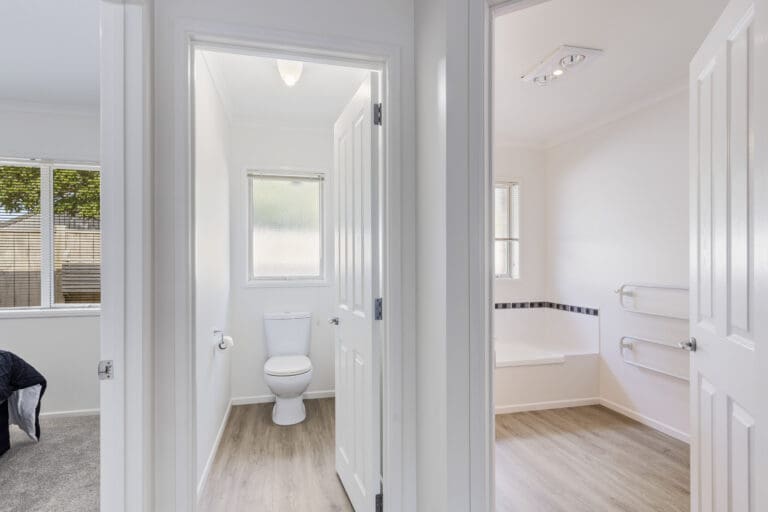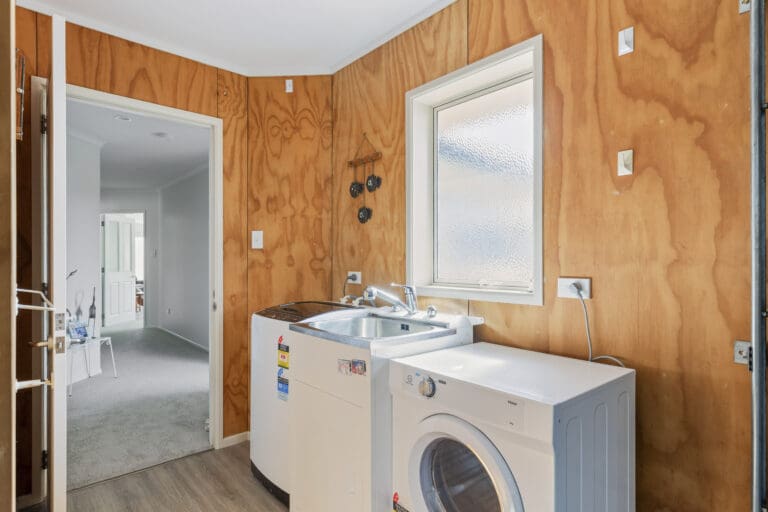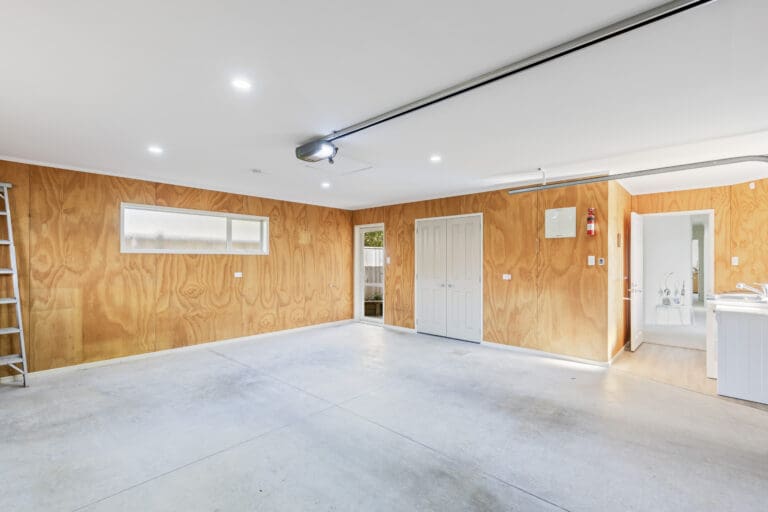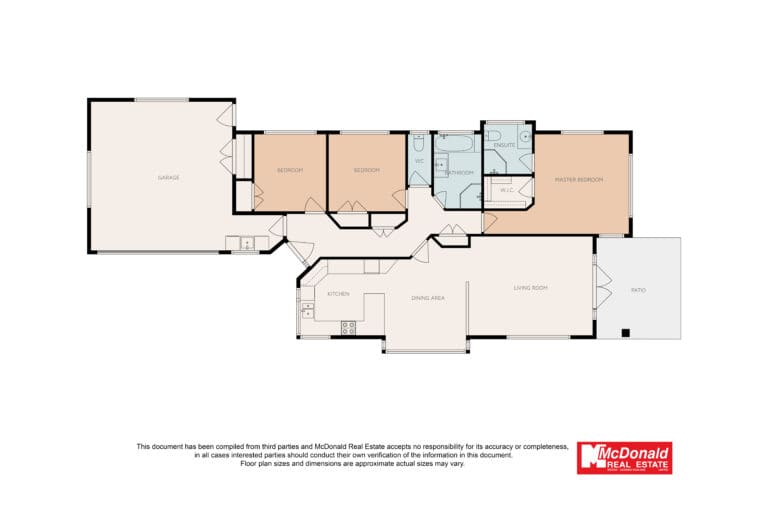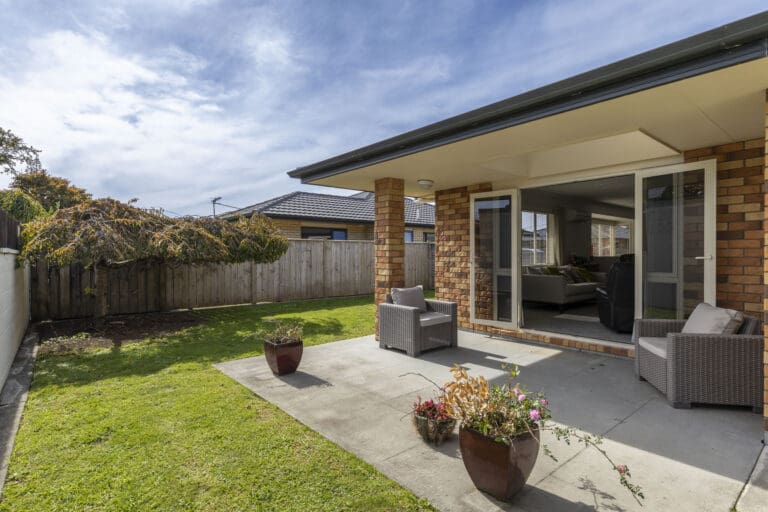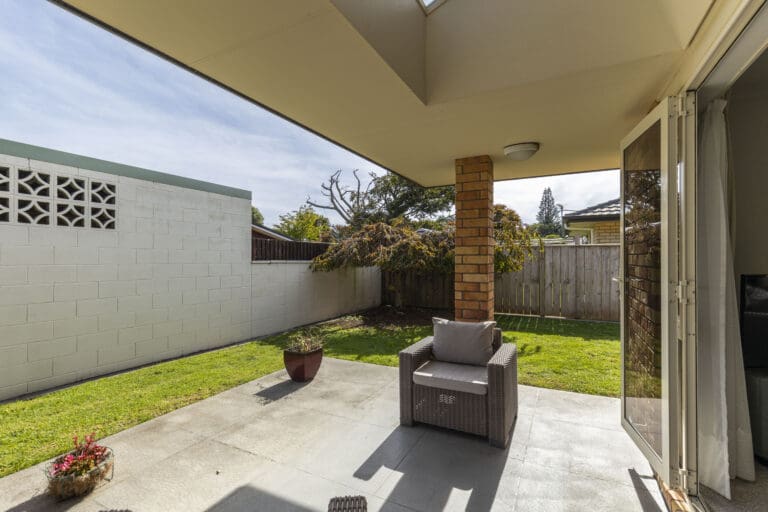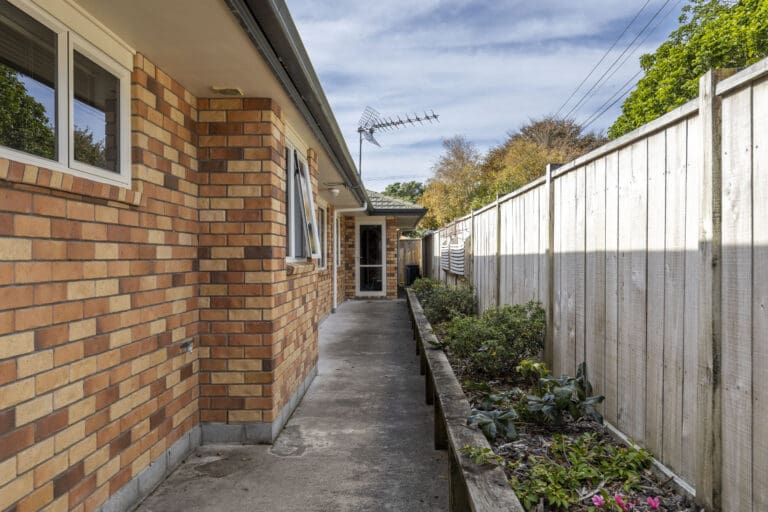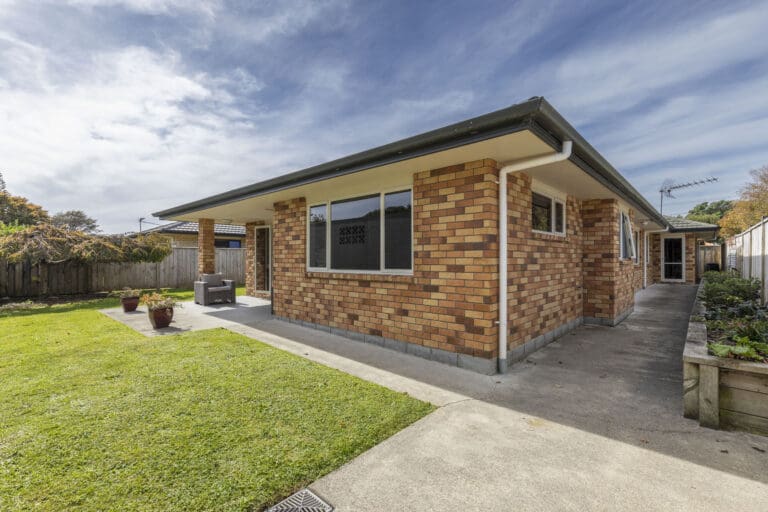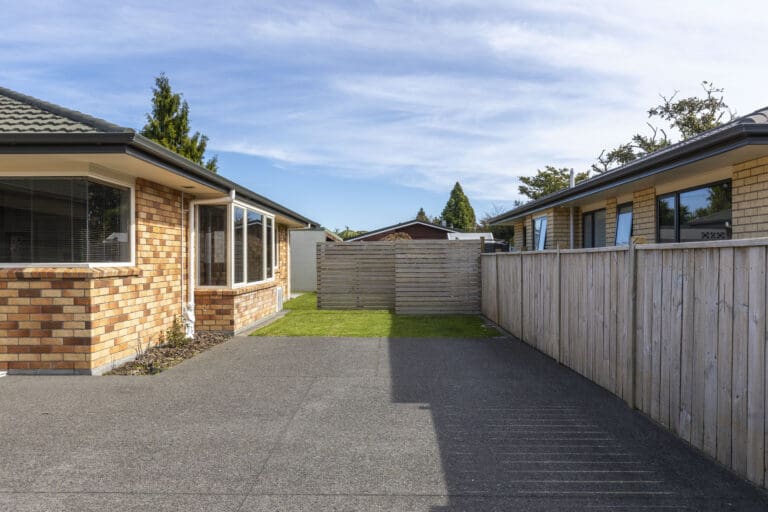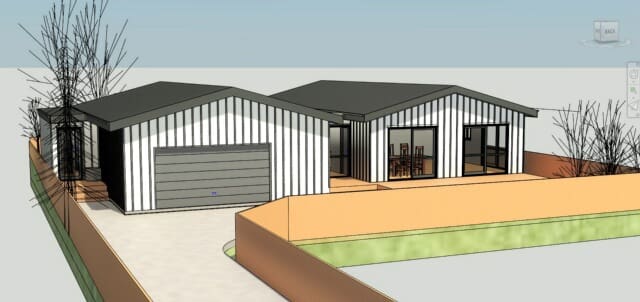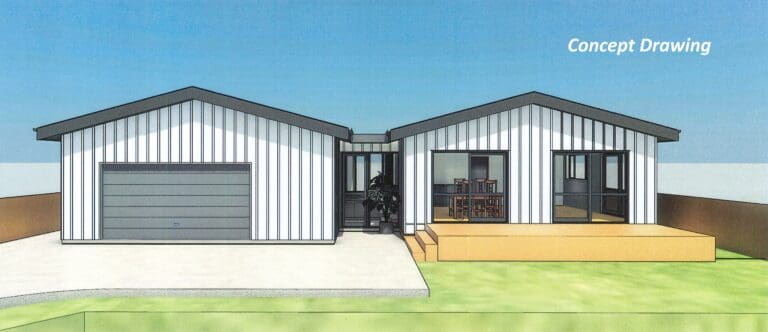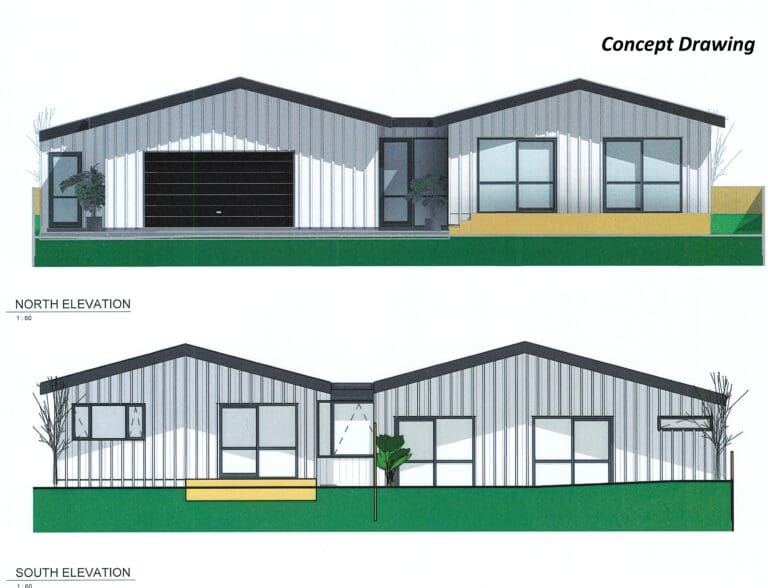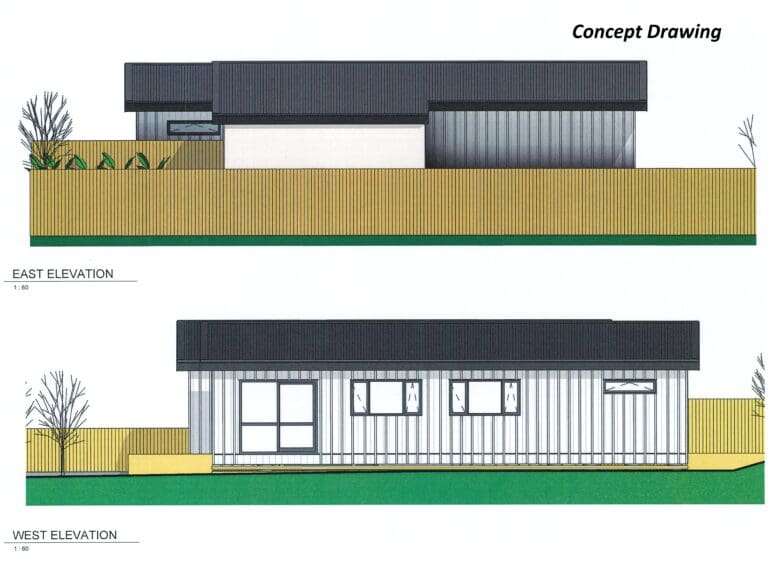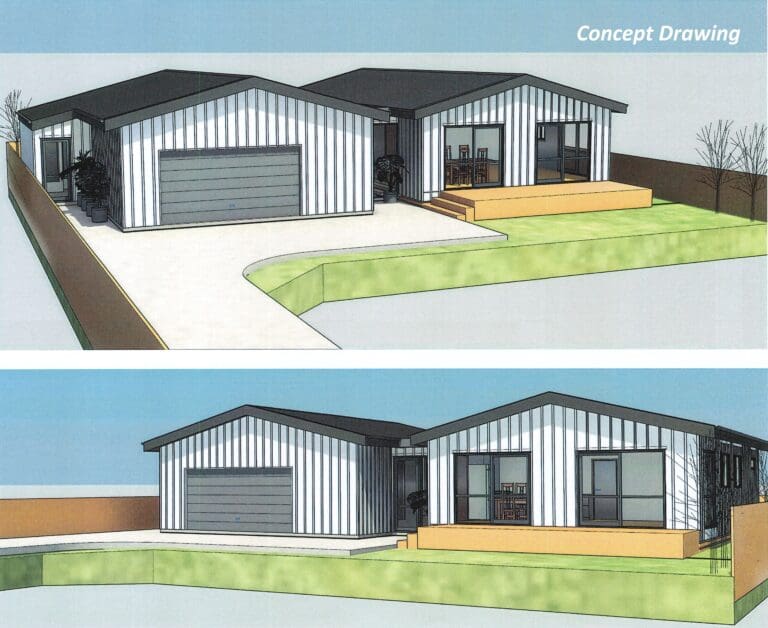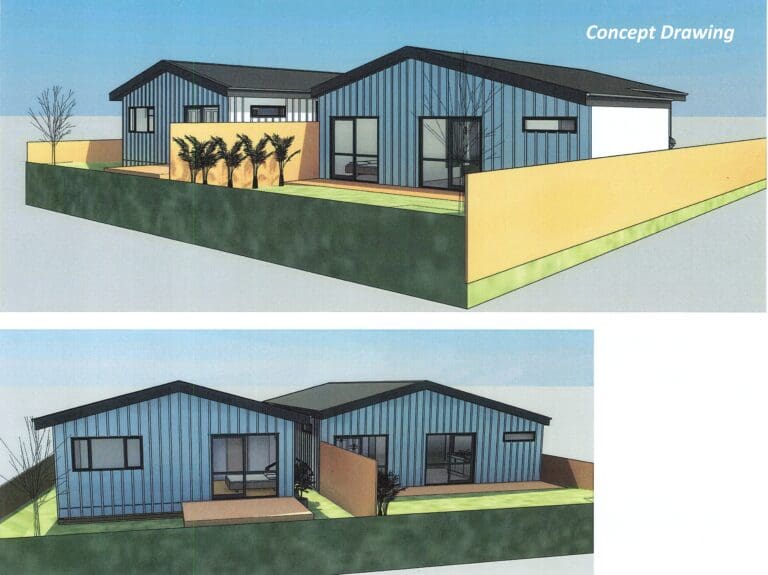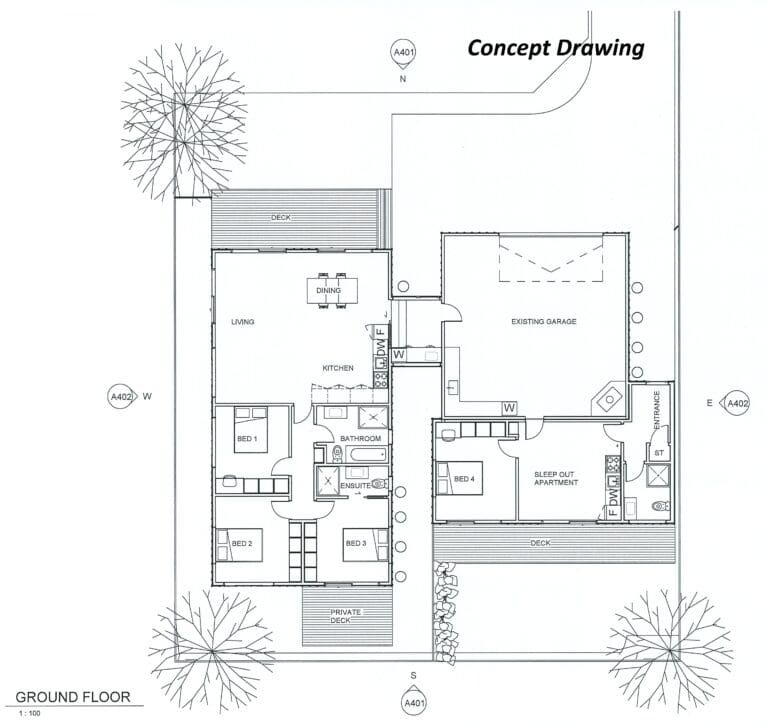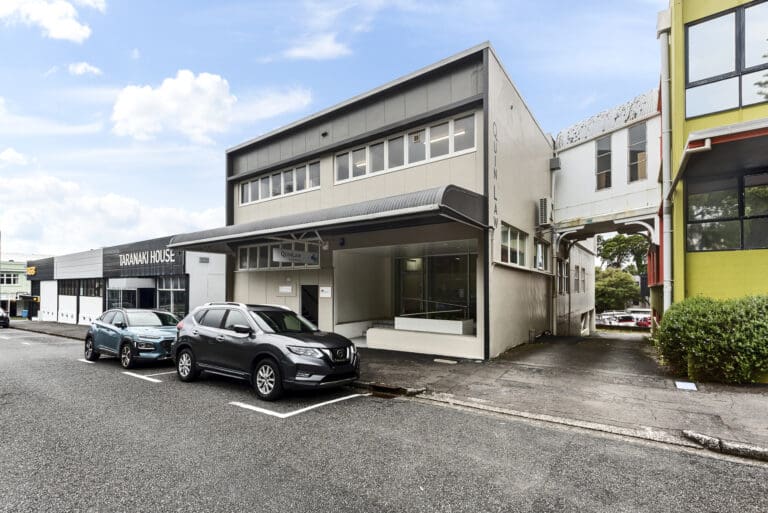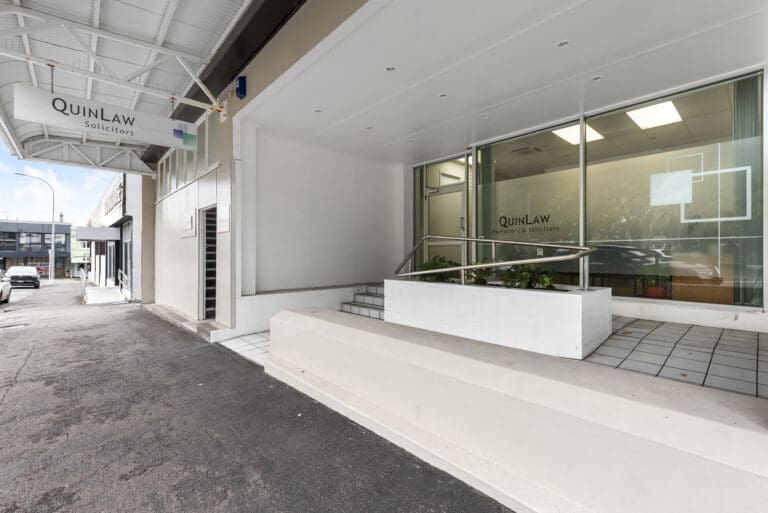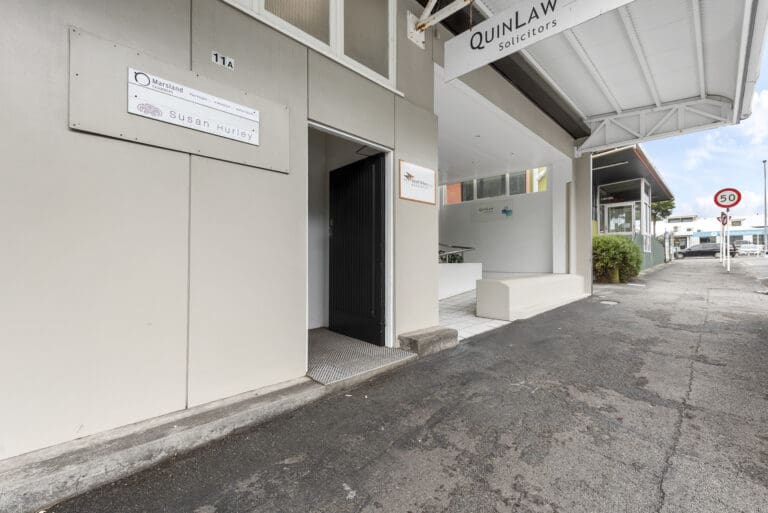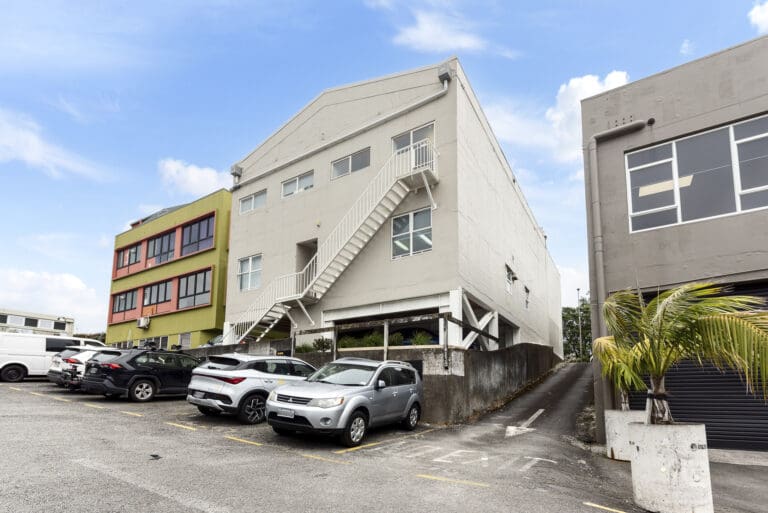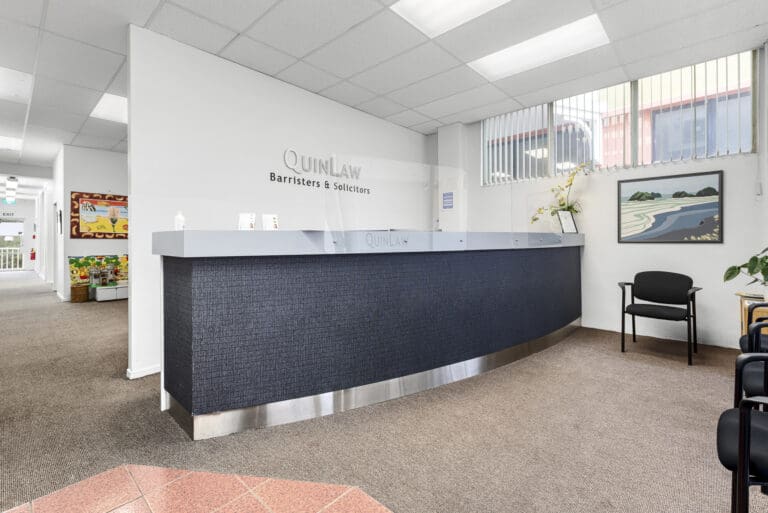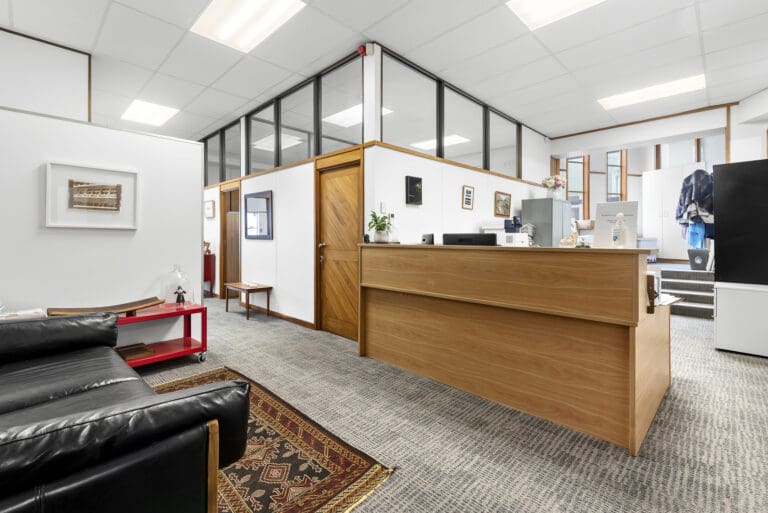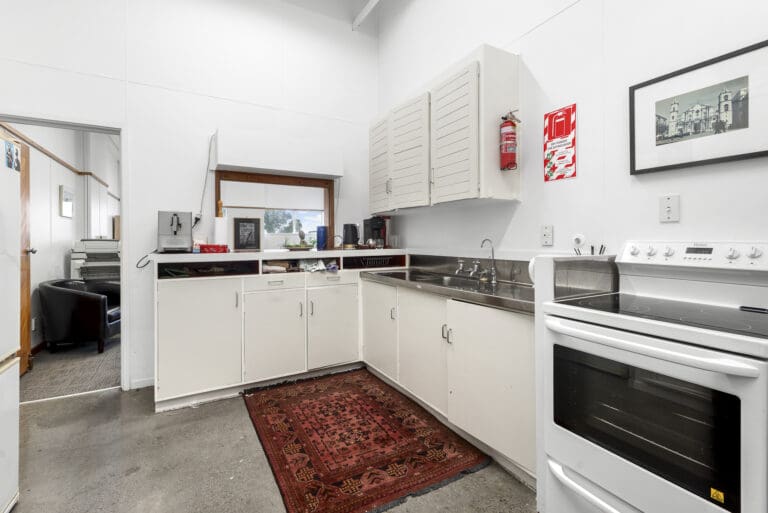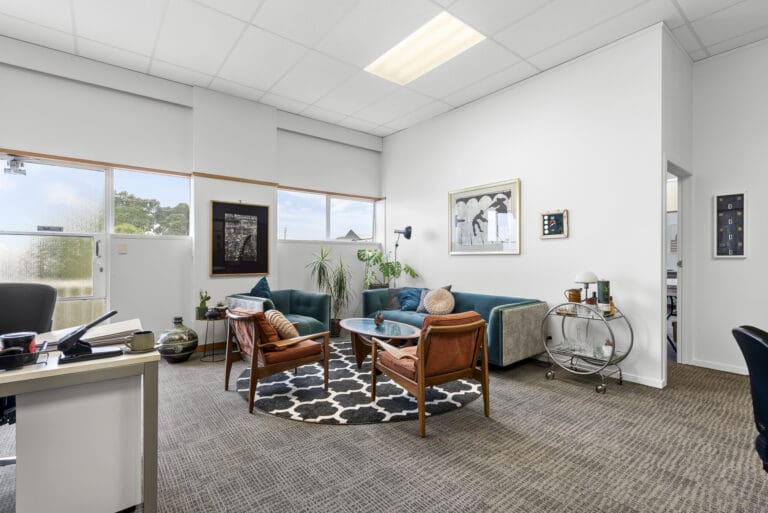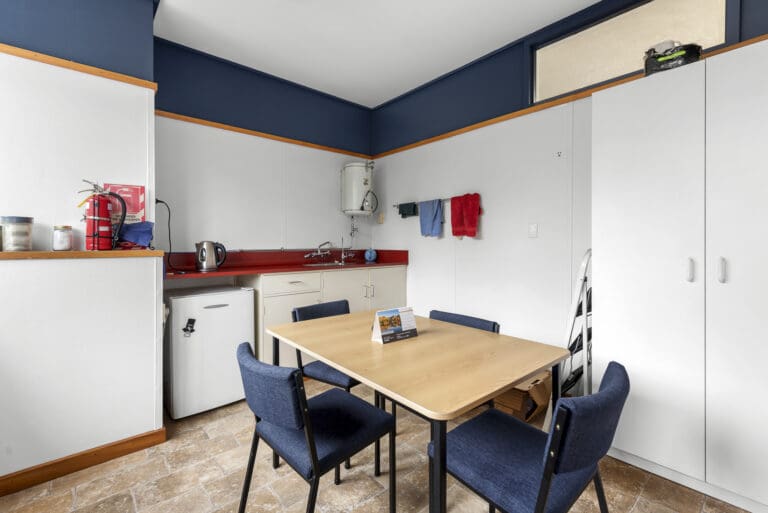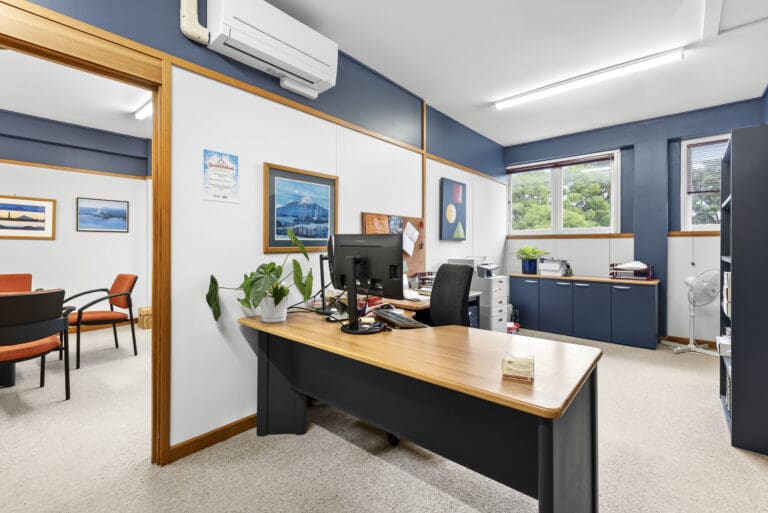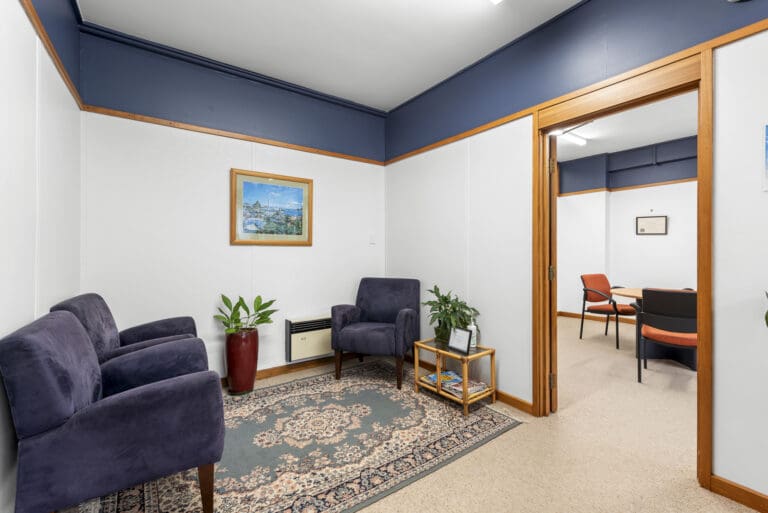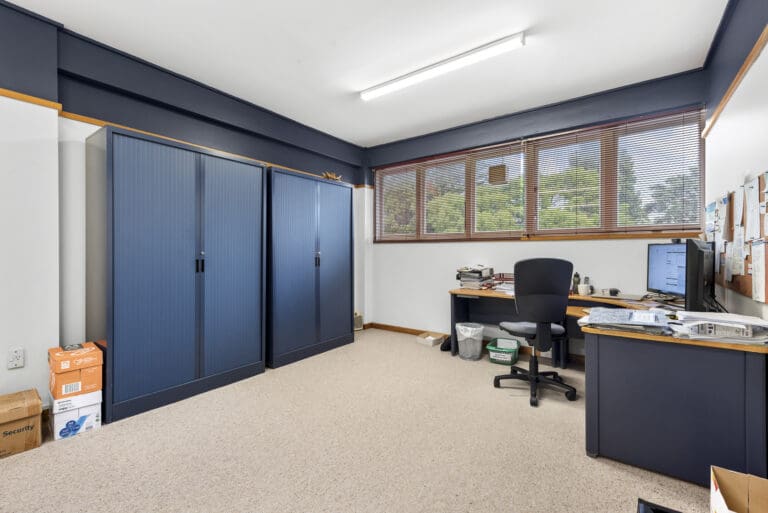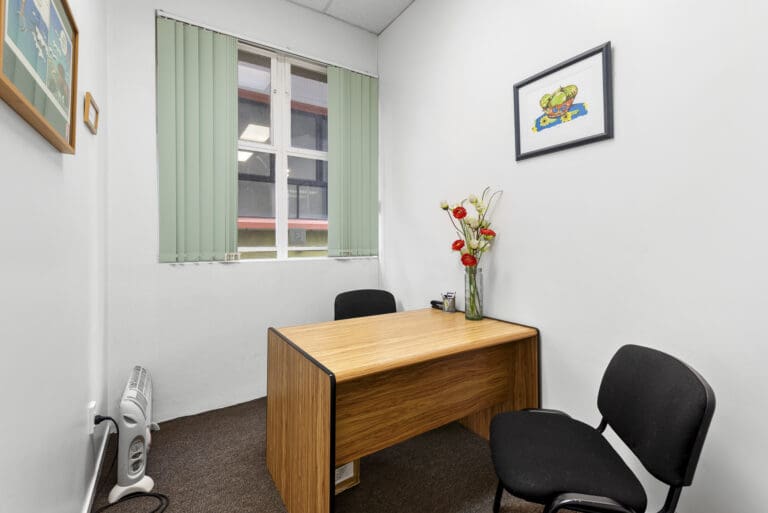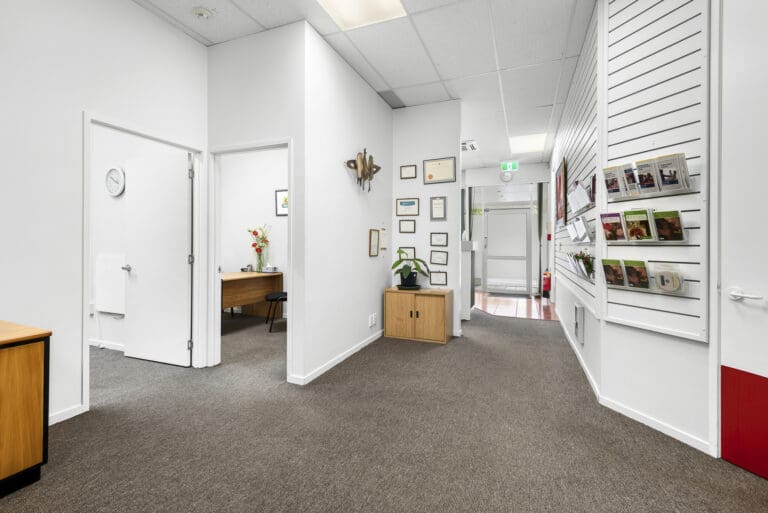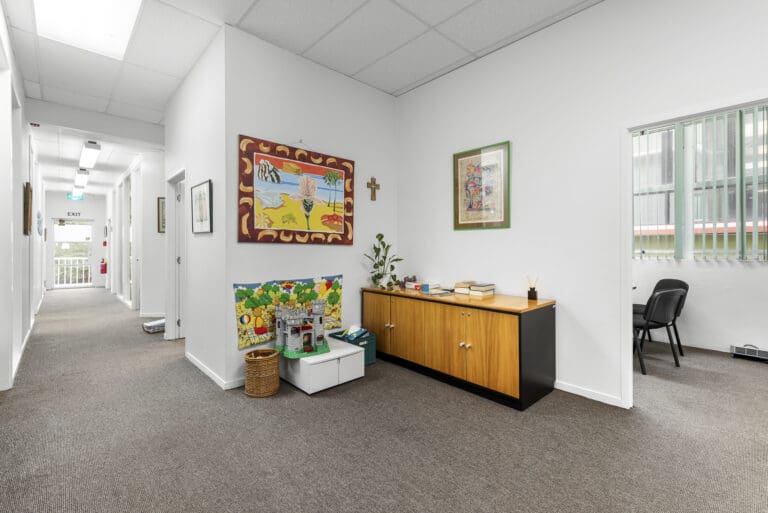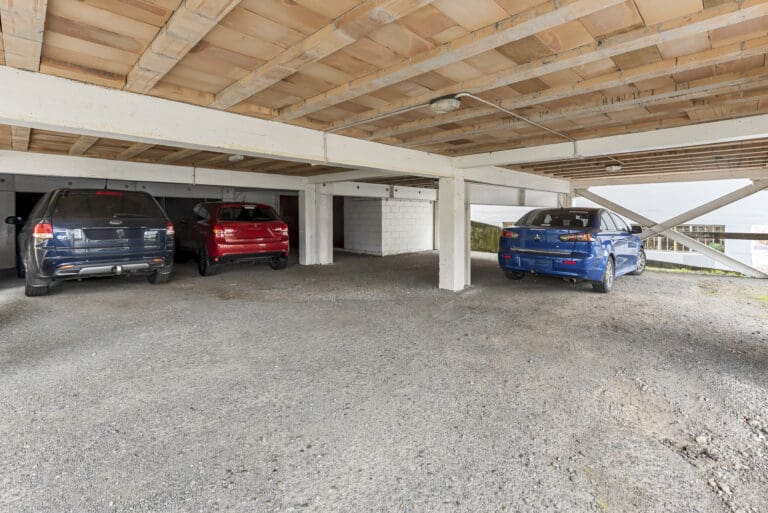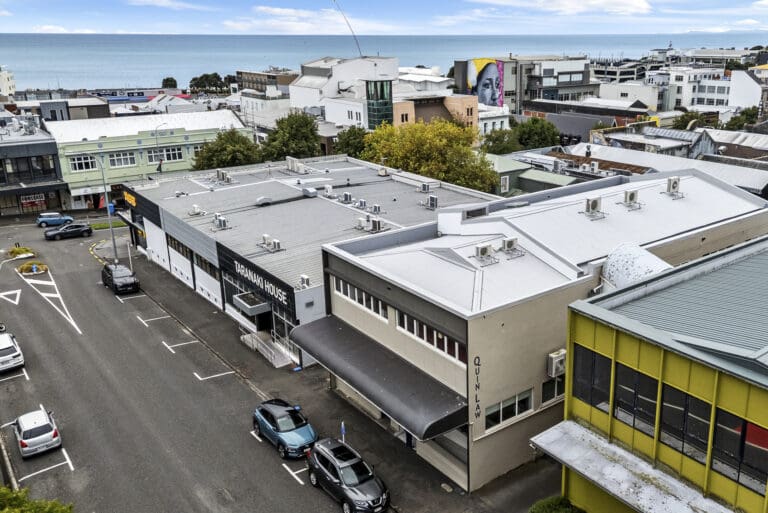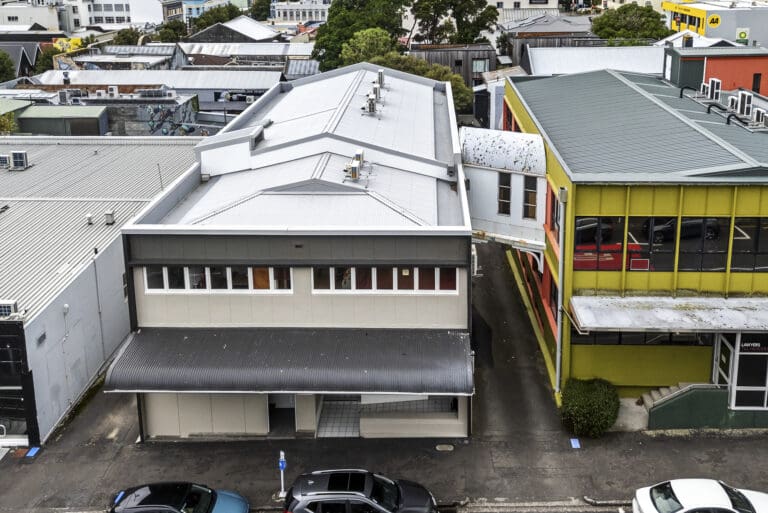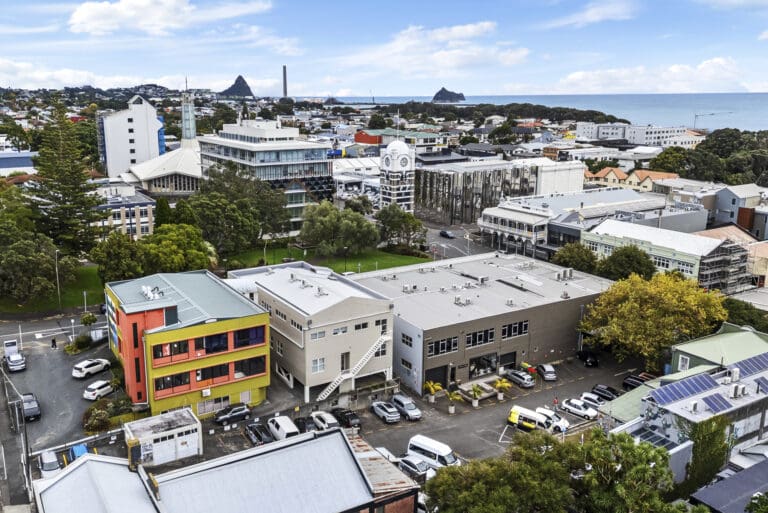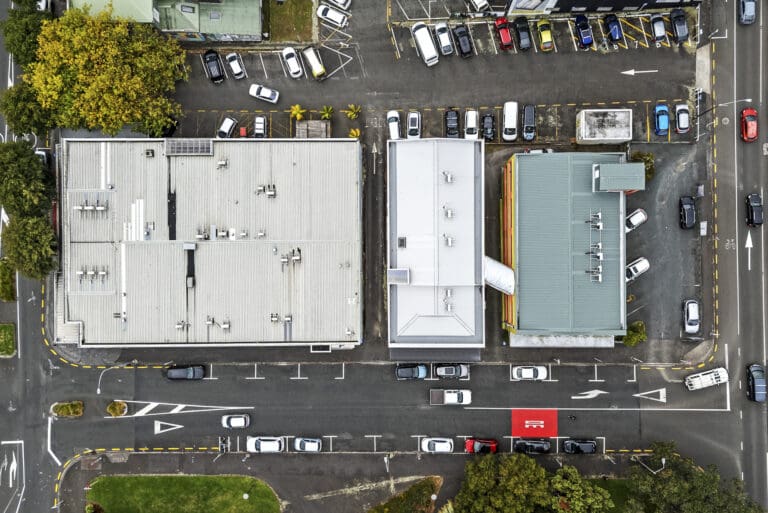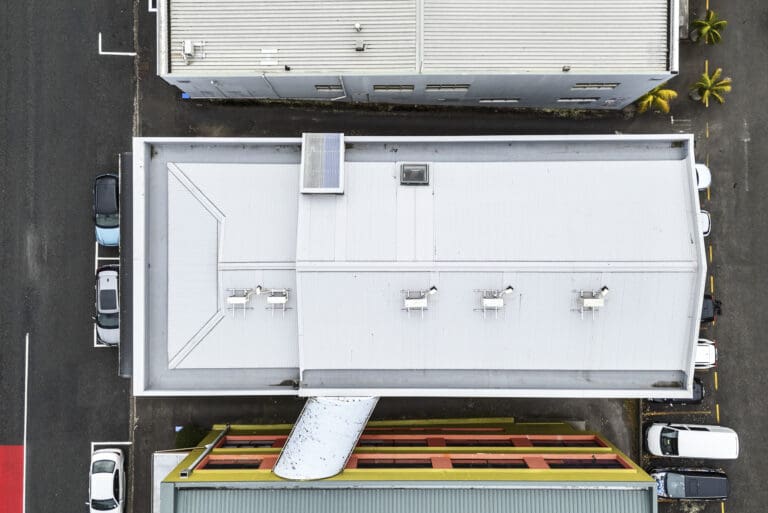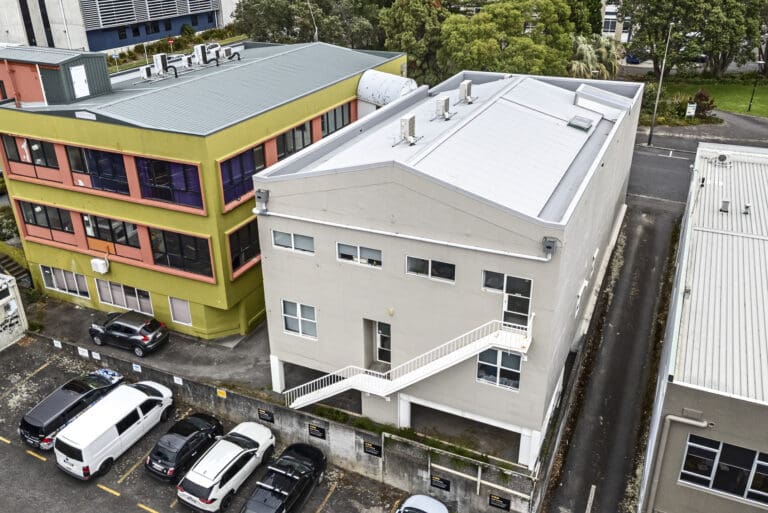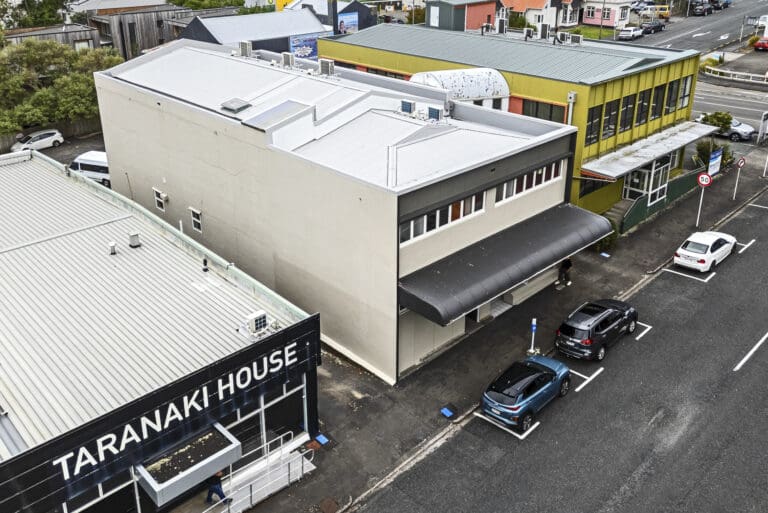Looking for a place to rent? We've got you covered.
We have more property managers, in more places, to give you more choice. McDonald Real Estate Property Management division offers a coverage of Taranaki like no other.
We have 9 dedicated property managers located in Stratford, New Plymouth, Waitara, Oakura, Inglewood, Opunake, Eltham and Hawera. We have houses available in all of these areas, and manage properties in most of the smaller Taranaki towns as well. Our rental team deal with all kinds of property, and can find a home to suit most budgets. From basic apartments to fully furnished homes, we have a massive range of properties available for rent.
Tenancy application process
Our experienced team can guide you through the tenancy application process, and file the necessary paperwork for you. Our team understand that communication is important to ensure you are happy in your home, and our tenants enjoy the honesty and approachability of our property managers. So if you are looking for a property to rent, and have great references, contact McDonald Real Estate today.
We can guide you through the process
Our experienced team can guide you through the tenancy application process, and file the necessary paperwork for you.
Let the McDonald Real Estate family, look after your family.
Our team understand that communication is important to ensure you are happy in your home, and our tenants enjoy the honesty and approachability of our property managers.
FAQs
Please refer to the first page of your tenancy agreement for details on how and where to pay your rent. If you have special requirements get in touch with your property manager and they can guide you further.
Landlords can ask tenants to pay up to two weeks rent in advance (s 23(1) RTA), and most landlords will do this. This counts as the tenant’s first rent payment. The landlord can’t ask for more rent until all of that rent has been used up.
Some tenants find the concept of “rent in advance” confusing. A way to explain it is that it’s like paying money into a parking meter. You pay the money when you park, which covers the period from then until the money runs out. Then you pay again for the next period.
Your landlord can increase your rent 12 months from the start of the tenancy and 12 months from your last rent increase Whether you have a periodic tenancy or a fixed tenancy, your landlord can only increase your rent 12 months after the start date of the tenancy, or 12 months from the last increase.
Your bond will be the total of 4 weeks rent.
Bond is money that a landlord can ask tenants to pay as security when they move into a property. This is usually paid before you move in. Your landlord or property manager are then required to lodge the bond within 23 working days with Tenancy Services (a division of Ministry of Business, Innovation and Employment). Tenancy Services hold the bond in trust until the end of the tenancy.
Once Tenancy Services has received the bond, they will write to the property manager and to you (the tenant) confirming that they are holding the bond money. A bond number will be issued for both parties’ records.
If you pay your rent in full and take care of the property, you should receive a full refund at the end of your tenancy. Otherwise, your bond can be used to cover costs such as unpaid rent or damage to property.
Important notes about bond: Your bond must not exceed four weeks’ rent. Your bond must be lodged with the Tenancy Services – you landlord or property manager cannot hold this during your tenancy.
Contact your property manager for any maintenance issues. If it is urgent please do so immediately. It can be very helpful to take a few photos of the issue and send these to the property manager.
The tenant selection process is critical as it determines how successful the tenancy will be. At McDonald Real Estate, we follow a strict screening process to ensure prospective tenants are easy to communicate with and pass the following criteria:
- A tenancy tribunal check.
- Contacting references.
- Check suitability for the house
- Check the ability to pay rent.
- A full background check.
- A credit check if required
The grounds maintenance of a rental property is a responsibility shared by the landlord and the tenant.
Tenant responsibilities
All New Zealand tenants must take responsibility for the following:
- Keeping the property reasonably tidy (often includes mowing the lawn, changing pool filters, section care, and weeding the garden).
- Alerting the landlord to repairs.
- Managing hazards where possible.
- Leaving the property in a clean and tidy state at the end of the tenancy.
Landlord responsibilities
Landlords are typically accountable for all major outdoor property maintenance, such as:
- Gardens (pruning trees, shrubs, and hedges, removing green waste).
- Gates, fences, and drainage.
- Cleaning guttering.
- Pool maintenance.
If in doubt, refer to your Tenancy Agreement and the Residential Tenancies Act. Landlords must pay for all the repairs accrued through natural wear and tear so it’s a good idea to budget for this each month from the tenant’s rent. At McDonald Real Estate, we offer a maintenance management fund to cover this.
Smoke alarms must be installed:
- within 3 metres of each bedroom door, or in every room where a person sleeps
- in each level or storey of a multi-storey or multi-level home
- in all rental homes, boarding houses, rental caravans, and self-contained sleep-outs.
- be photoelectric
- have a battery life of at least eight years, or be hard-wired
- installed according to the manufacturer’s instructions
- meet international standards.
Existing smoke alarms do not need to be replaced if they are working, and have not passed the expiry date.
Landlords must ensure smoke alarms:
- are working at the start of each new tenancy
- remain in working order during the tenancy
- not damage, remove, or disconnect a smoke alarm
- replace dead batteries during the tenancy if there are older-style smoke alarms with replaceable batteries
- let the landlord know if there are any problems with the smoke alarms as soon as possible.
Tenants are encouraged to consider obtaining contents insurance to protect their belongings in the event of theft, fire, flooding, or other unforeseen circumstances. While the decision to purchase insurance rests with the tenant, it’s important to consider the benefits of having this coverage.
Most professional property managers conduct routine inspections on a three-monthly rotation. These inspections are to advise the owner of the property of any maintenance issues. The tenant will also be advised of anything that may need their attention. Property managers notify tenants in advance of their inspections (typically the week before) and ask that the home be presented in a reasonably clean and tidy condition, as it will make the inspection easier for noting any maintenance issues.
Tenants can be present during any routine inspections. If you are not present, you can leave a note or send an email highlighting any issues you believe the property manager should be aware of. In between inspections, you shouldn’t hesitate to contact your property manager when issues arise.
Most professional property management companies use software to generate their routine inspection reports. These reports are prepared for the landlord and provide pictures of the property. Good property managers are respectful of tenant privacy and only take photographs that show the property and its condition.
Notice before entering a property
Landlords must give tenants at least 48 hours’ notice before an inspection. They can’t give notice more than 14 days before the inspection. Inspections must take place between 8am and 7pm. Your landlord or property manager shouldn’t enter your property without giving 48 hours’ notice unless there’s an emergency, like a fire or flood. If your landlord or property manager has to enter your property to fix something, they are still required to give 24 hours’ notice. These repairs should be done between 8am and 7pm.
It’s your home
The landlord owns the property, but while you are renting it is your home. This means your landlord and property manager must respect your peace and privacy (this is called quiet enjoyment). They will do this by giving you the appropriate amount of notice before entering the property. However, landlords don’t need to give notice to come onto the property (the land). This usually happens when the landlord has agreed to do things (like mow the lawns for the tenants). The landlord must not use force, or threat of force, to enter or attempt to enter the property while the tenant, or anyone with the tenant’s permission, is inside.
